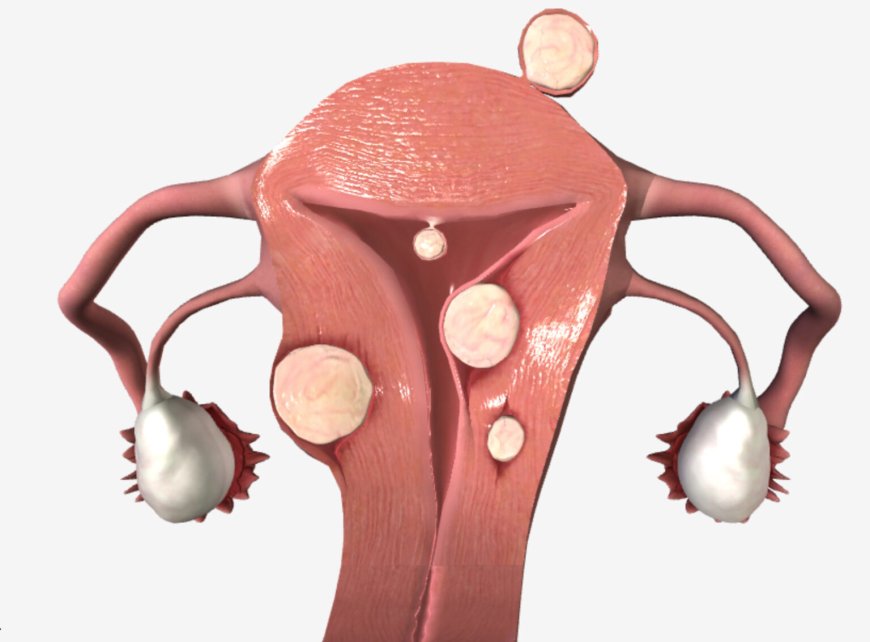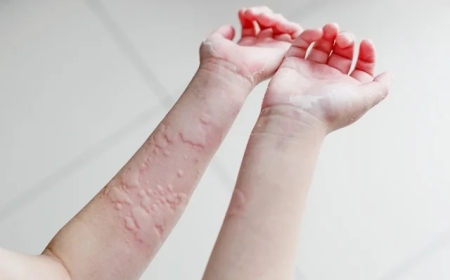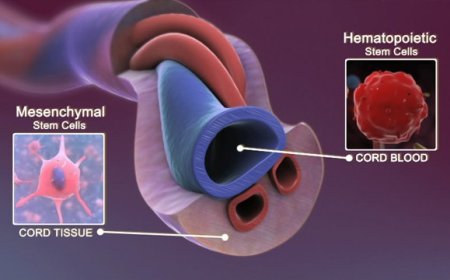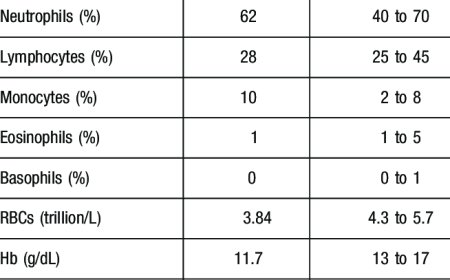Dysfunctional Uterine Bleeding

Introduction:
Imagine a magical world inside a girl's body, where her uterus prepares every month to welcome a baby. However, sometimes, this magical process might not work correctly, and that's when a condition called Dysfunctional Uterine Bleeding (DUB) can occur. In India, like in many other countries, DUB can affect girls and women, causing discomfort and worries. Let's explore this condition step by step, in simple language, so that even 10-year-old children can easily understand it.
Signs and Symptoms:
When someone has DUB, they might notice certain signs and symptoms. One of the most common ones is heavy bleeding during periods. It could be like a never-ending waterfall of blood, leading to stained clothes and lots of pads. Some girls might experience longer periods that go on for more than a week. Others may have irregular cycles, meaning their periods come at different times each month, making it hard to predict when it will happen.
What is Dysfunctional Uterine Bleeding (DUB)?
DUB is a condition where the uterus, which is a part of a girl's body, bleeds in a way that's different from the regular monthly periods. It's like the magical clock inside the body gets a little confused and behaves oddly. DUB might happen because of changes in hormones or problems in the lining of the uterus.
How is Dysfunctional Uterine Bleeding Classified?
DUB can be classified into two types: ovulatory and anovulatory bleeding. In ovulatory DUB, an egg is not released from the ovaries during the menstrual cycle, causing irregular bleeding. In anovulatory DUB, there is no proper ovulation, leading to hormonal imbalances and unpredictable periods.
Causes and Triggers:
Now, let's talk about the causes and triggers. One common cause of DUB is stress. When girls feel stressed or anxious, it can mess up their hormones, affecting their periods. Sometimes, medical conditions like thyroid problems can also lead to DUB. In India, it's essential to consider that malnutrition, lack of proper healthcare, and early marriages can be risk factors for DUB.
Risk Factors with Examples:
Certain factors might increase the chances of having DUB. For instance, if a girl starts her periods too early (before the age of 11) or too late (after the age of 16), she may be at higher risk. Similarly, girls with a family history of DUB or other menstrual problems are more likely to experience it. In India, where girls often have limited access to healthcare, these risk factors can be more significant.
Types of Dysfunctional Uterine Bleeding:
- Ovulatory DUB: In this type, the ovaries don't release an egg, leading to hormonal imbalances and irregular bleeding.
- Anovulatory DUB: In this type, ovulation doesn't occur, causing unpredictable and heavy bleeding.
Diagnostic Tests and Treatments:
When a girl experiences DUB, doctors may perform certain tests to understand the cause and suggest appropriate treatments. Here are some common diagnostic tests and treatments:
-
Pelvic Examination: Doctors check the girl's pelvic area to look for any abnormalities in the uterus.
-
Ultrasound: Using sound waves, doctors create images of the uterus to see if there are any problems inside.
-
Blood Tests: These tests help measure hormone levels and detect any imbalances that could be causing DUB.
-
Hormonal Therapy: Doctors may give medicines to balance the hormones and regulate periods.
-
Endometrial Biopsy: In this test, a small sample of the uterus lining is taken to check for any abnormalities.
Complications and Prevention:
If left untreated, DUB can lead to anemia (low blood count), which can make a girl feel weak and tired. To prevent DUB, it's essential to manage stress, eat a balanced diet, and maintain a healthy lifestyle. Regular exercise and staying hydrated can also be helpful. If a girl notices any irregularities in her periods, she should talk to her parents and visit a doctor to get the right help.
Dysfunctional Uterine Bleeding can be challenging for girls in India, but with proper understanding, support, and medical care, it can be managed effectively. Remember, it's essential to talk openly about menstrual health, seek medical advice when needed, and take care of the magical world inside every girl's body.
What's Your Reaction?
 Like
0
Like
0
 Dislike
0
Dislike
0
 Love
0
Love
0
 Funny
0
Funny
0
 Angry
0
Angry
0
 Sad
0
Sad
0
 Wow
0
Wow
0







































































